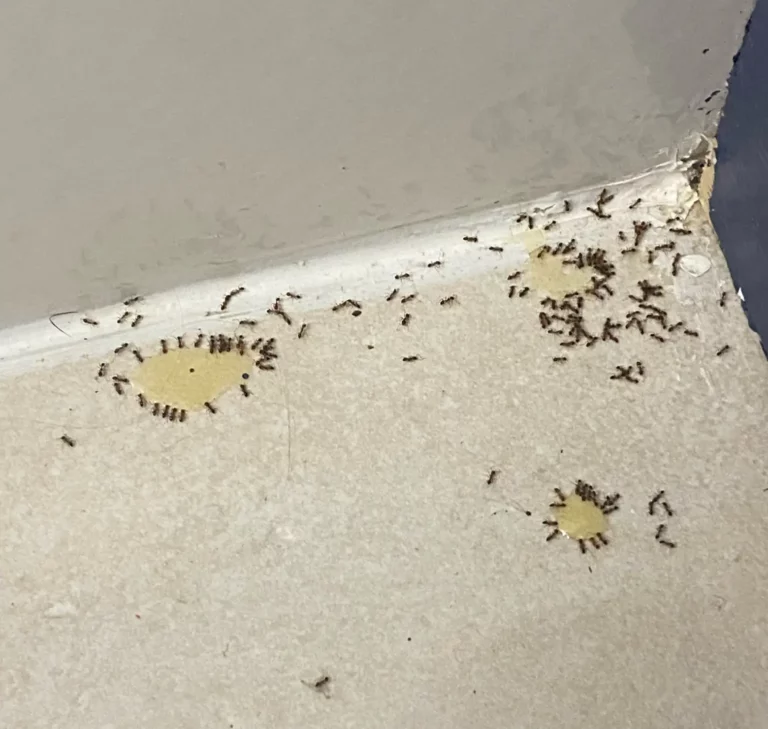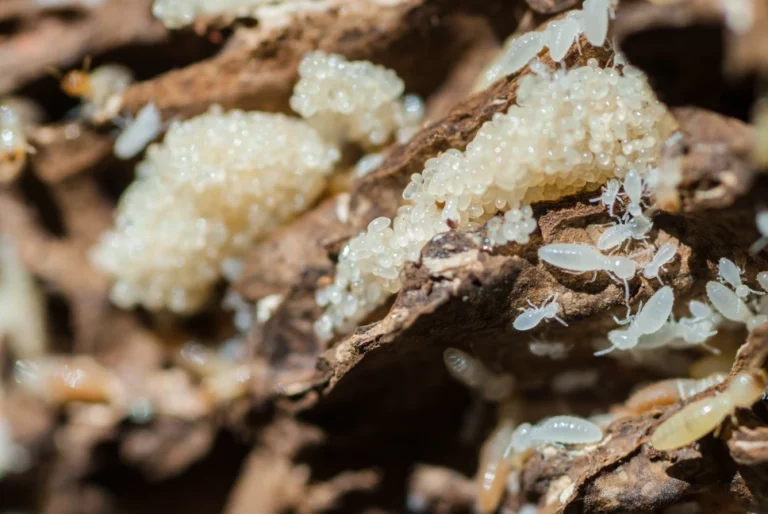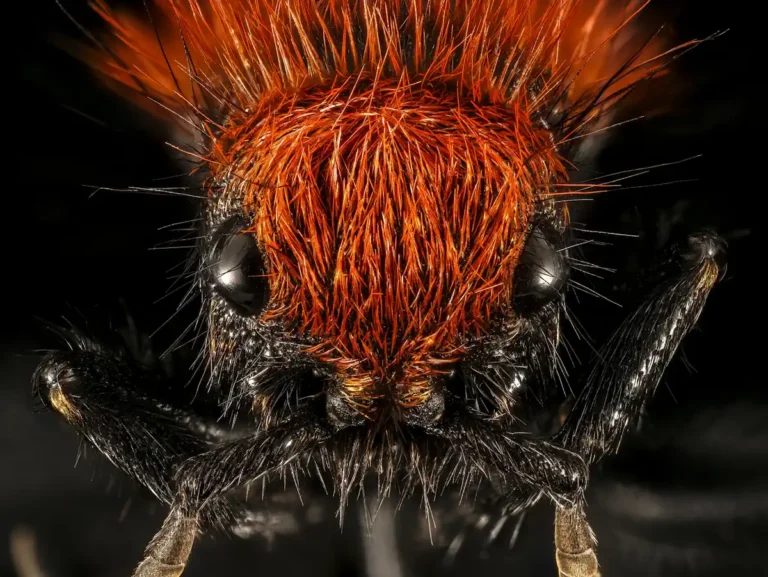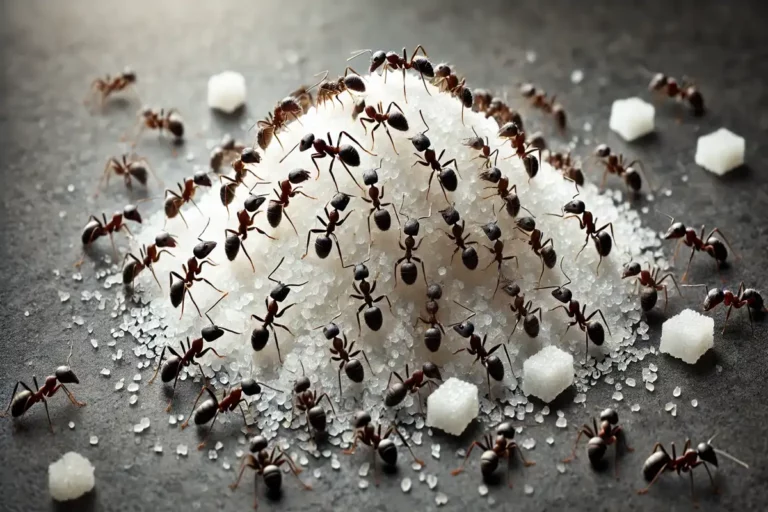Table of Contents
ToggleAnts are a vital part of the ecosystem in South Florida, contributing significantly to the region’s ecological balance. While some species are beneficial, others can become pests, requiring professional management. This article explores the diverse roles of ant species in South Florida’s ecosystems and highlights the importance of professional pest control services like those provided by On Demand Pest Control.
Ant Species Found in South Florida
South Florida is home to a wide variety of ant species, each playing unique roles in the ecosystem:
Red Imported Fire Ants (Solenopsis invicta):
- Characteristics: Known for their aggressive behavior and painful sting, these ants are invasive in South Florida.
- Impact: They disrupt local ecosystems by outcompeting native species and affecting ground-nesting wildlife.
Florida Carpenter Ants (Camponotus floridanus):
- Characteristics: Large ants that nest in wood, often found in both natural and human-made structures.
- Impact: They play a role in decomposing dead wood but can cause structural damage if they infest homes.
Ghost Ants (Tapinoma melanocephalum):
- Characteristics: Small, fast-moving ants attracted to sweets, known for their erratic movement patterns.
- Impact: They can invade homes and are challenging to control.
Big-headed Ants (Pheidole megacephala):
- Characteristics: Invasive species with large heads and massive colonies, known for their aggressive behavior.
- Impact: They can displace native ants and other insects.
White-footed Ants (Technomyrmex difficilis):
- Characteristics: Common in urban areas, these ants nest in trees and buildings and have large colonies.
- Impact: Their extensive foraging trails make them particularly challenging to control.
Contributions of Ants to South Florida Ecosystem Health
Ants contribute to the health of South Florida’s ecosystems in several ways:
- Soil Aeration and Structure: Ants improve soil health by burrowing, which enhances water infiltration and root growth for native plants.
- Nutrient Cycling: By decomposing organic matter, ants redistribute nutrients in the soil, promoting plant health and soil fertility.
- Symbiotic Relationships with Native Plants: Certain ant species help native plants thrive by providing protection against herbivores in exchange for food.
Ants as Natural Pest Control Agents
Ants naturally control pest populations, benefiting the environment and human health:
- Predation on Harmful Insects: Ants prey on pests like aphids and caterpillars, reducing the need for chemical pesticides.
When Ants Become Pests
While ants are beneficial, some species can become pests and require professional control:
- Invasive Species Impact: Invasive ants like red imported fire ants and big-headed ants disrupt local ecosystems and pose problems for humans and wildlife.
- Structural and Home Infestations: Carpenter ants and ghost ants can invade homes, causing damage and requiring effective management.
Why Choose On Demand Pest Control for Your Ant Problems
Professional pest control services, such as those provided by On Demand Pest Control, are essential for managing ant infestations effectively:
- Expertise in Local Ant Species: On Demand Pest Control has the expertise to accurately identify and manage the diverse ant species in South Florida, implementing strategies that control infestations while preserving the ecological roles of beneficial ants (EarthAnimals) (Ant Hacks).
- Comprehensive Management: Our services ensure that ant infestations are managed efficiently, preventing damage and maintaining the health of South Florida’s ecosystems.
Trust the Experts at On Demand Pest Control
Ants play crucial roles in South Florida’s ecosystems, from soil health to natural pest control. However, when they become pests, professional management is essential. On Demand Pest Control provides expert services to effectively manage ant infestations, ensuring the balance and health of the local ecosystem.




